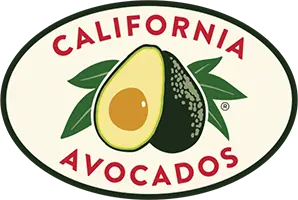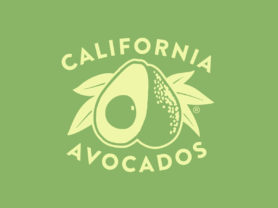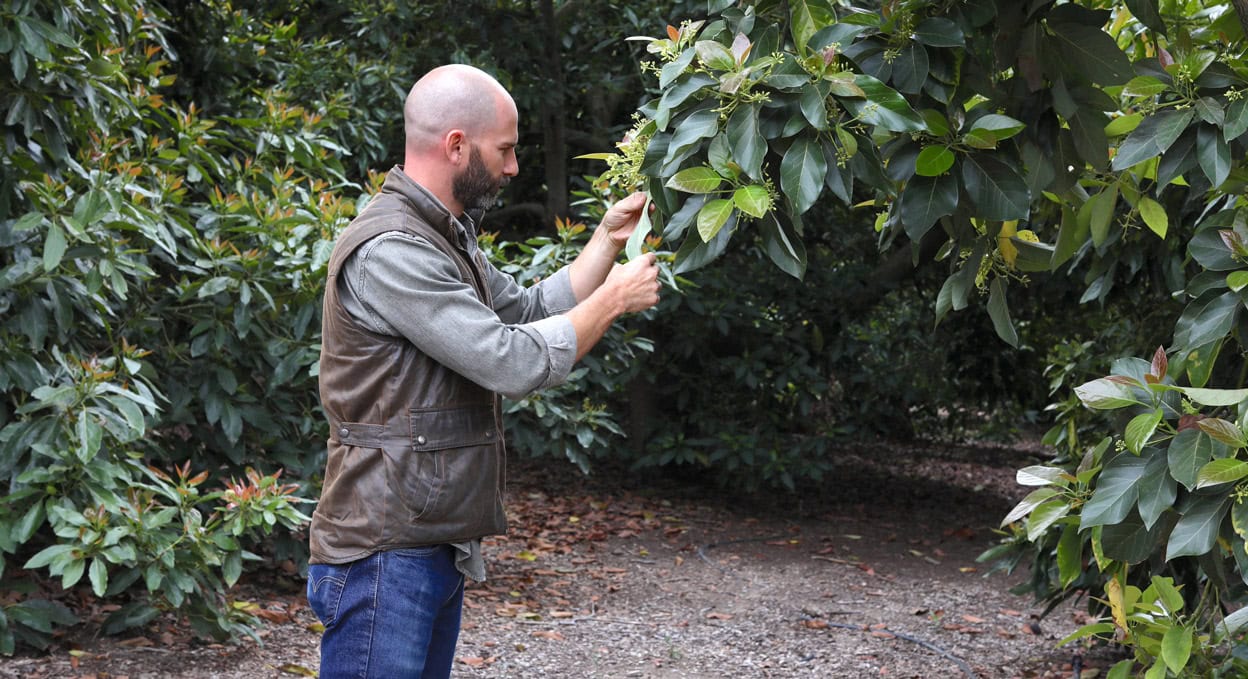
California Avocados are ethically sourced, meaning they are grown responsibly and with integrity. California Avocado growers are independent farmers who are governed by laws and regulations of the State of California and the United States that require stringent food safety and labor practices. In addition, for California Avocados ethical sourcing includes safeguarding the well-being of workers, the environment and the community.
Worker Well-Being
Growing California Avocados Is A Labor Of Love — And Labor Is Vital
California Avocados are grown with a labor of love. But it’s not just the farmers who labor in love, the agricultural workers share that love too. For many of California’s avocado farmers, the employees have worked for years alongside them caring for the trees. It is common to find employees who have worked for the same farmer for decades.
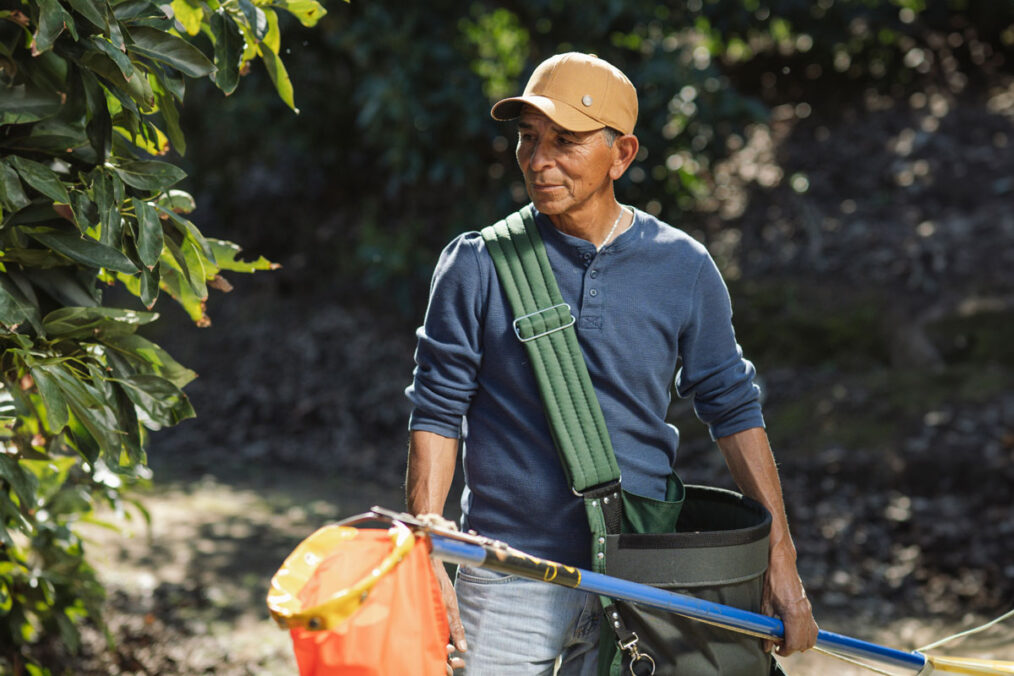
Fair labor practices are important to California Avocado growers. Extensive state and federal regulations ensuring worker health and safety are in place, and California has robust regulations for wages and benefits, occupational health and safety, child and voluntary labor, and non-discrimination in agriculture. In many cases California’s regulations exceed federal requirements.
It takes 14 to 18 months to grow a single California Avocado, and when ready to harvest the fruit is harvested by hand, providing jobs to agricultural workers. The work is seasonal, with many harvesters employed by harvesting crews who work on different agricultural crops throughout the year. Like with some of their farm employees, many growers have worked with the same harvesters for decades.
Wages And Benefits
California stands alone as a state that requires agricultural workers be paid the local or federal minimum wage, whichever is higher, and also be paid overtime. California’s state minimum wage is currently $16.00 per hour, which is more than double the current federal minimum wage rate of $7.25. California agricultural workers are better paid and additionally protected by the state requirement that workers be paid overtime after ten hours of work in a day or for the first eight hours on the seventh consecutive day of work in a workweek. California is also unique in requiring that agricultural employees be paid double time for all hours of work in excess of eight on the seventh day of work in a workweek.
Like the overtime rates, California has employee-friendly break and lunch requirements for all nonexempt employees that exceed federal law. The timing and duration of breaks (rest) and meal (lunch) periods are very specific in California, in contrast to federal requirements.
California Avocado growers are fair and loyal to their employees. Here is one of their stories.
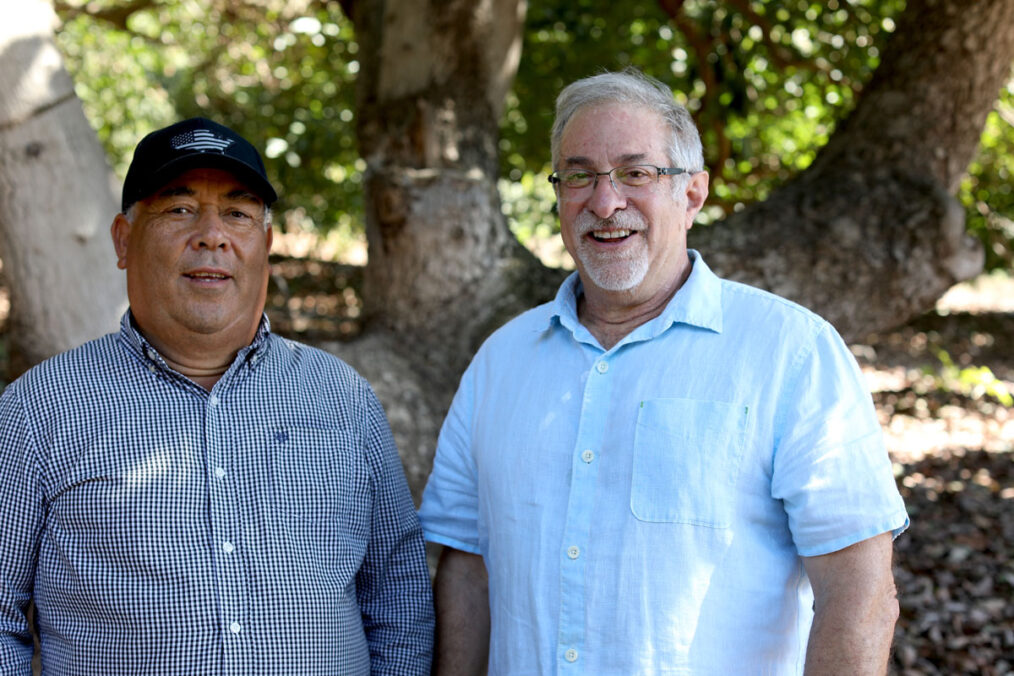
Occupational Health And Safety
Because of California’s comparatively large agricultural sector, worker occupational health and safety in the agricultural sector is strongly regulated. California Avocado growers and harvesting crews work under both state and federal regulations. They provide field sanitation facilities including potable water, shade and hygiene facilities. They ensure that workers have worker personal protective equipment and health and safety training. California requirements for accident prevention, response and reporting as well as access to a first aid kit and more exceed federal laws.

Employment And Worker Protection
The use of farm labor contractors is governed by both federal and state regulation. California has stringent requirements around hiring to prevent conditions such as indentured labor, fee-for-work, or illegal payroll deductions for costs such as uniforms, damaged safety equipment or losses resulting from an employee’s work. These laws exceed federal requirements.
Farm labor contractors are regulated by both federal and California law. The Migrant and Seasonal Agricultural Worker Protection Act mandates that farm labor contractors must be registered with the Department of Labor, while California law mandates various licensing requirements, including continuing education.
California law also protects workers against illegal discrimination and harassment based on race, color/race/ethnicity, religion, sex, national origin, or genetics.

